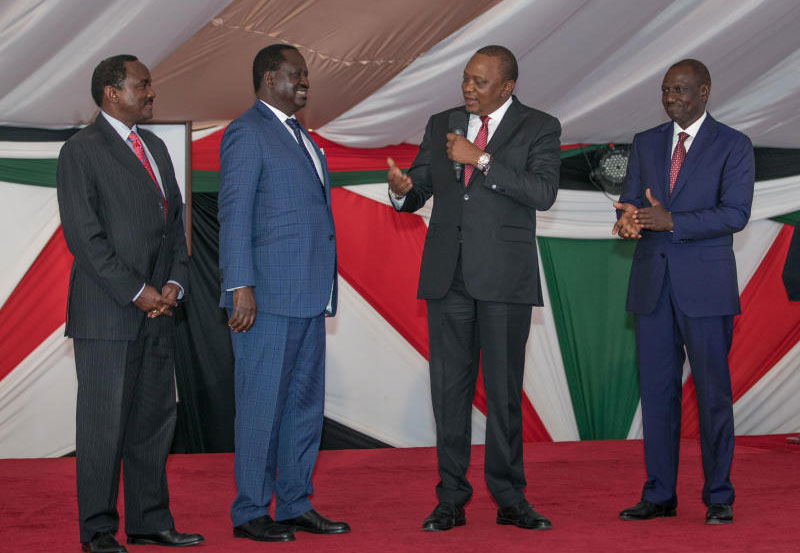
Is Kenya rolling back the democratic gains that have taken so many years to put together? This week’s activities by the leaders of the Jubilee Party, the Orange Democratic Movement and Wiper Democratic Party leave you gasping. Is the country not going back to Methuselah?
Against all pressure, there is a determined tripartite effort to make Parliament the rubber-stamp of a few individuals – basically the fellows at the top. Chinua Achebe has told us of a hopeless character who sold his machete and carried his empty sheath to battle. If Parliament is supposed to serve the people, does President Uhuru Kenyatta’s bullying of Jubilee MPs around the Finance Bill 2018 negate this? Is Parliament at the risk of becoming an empty sheath?